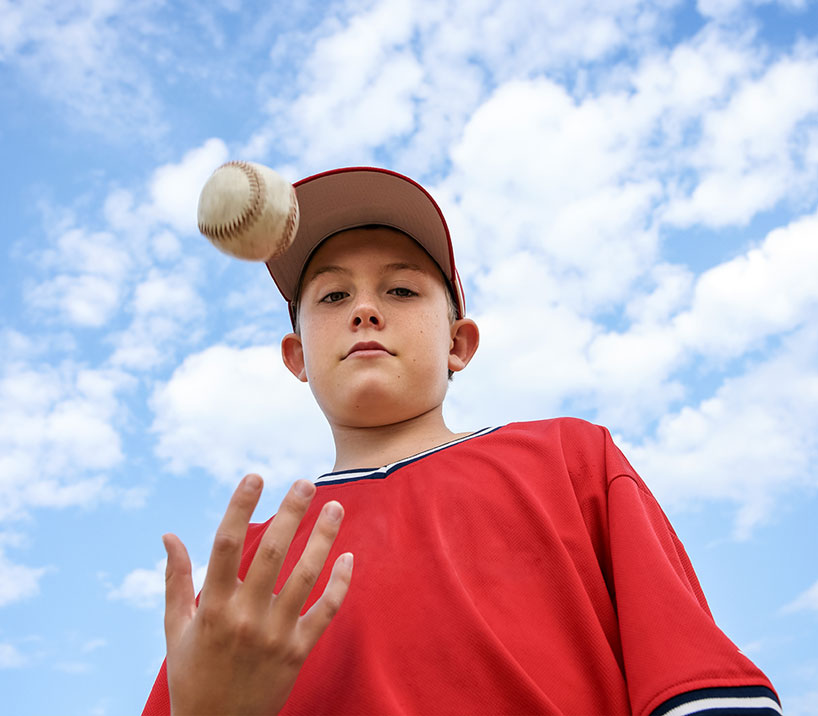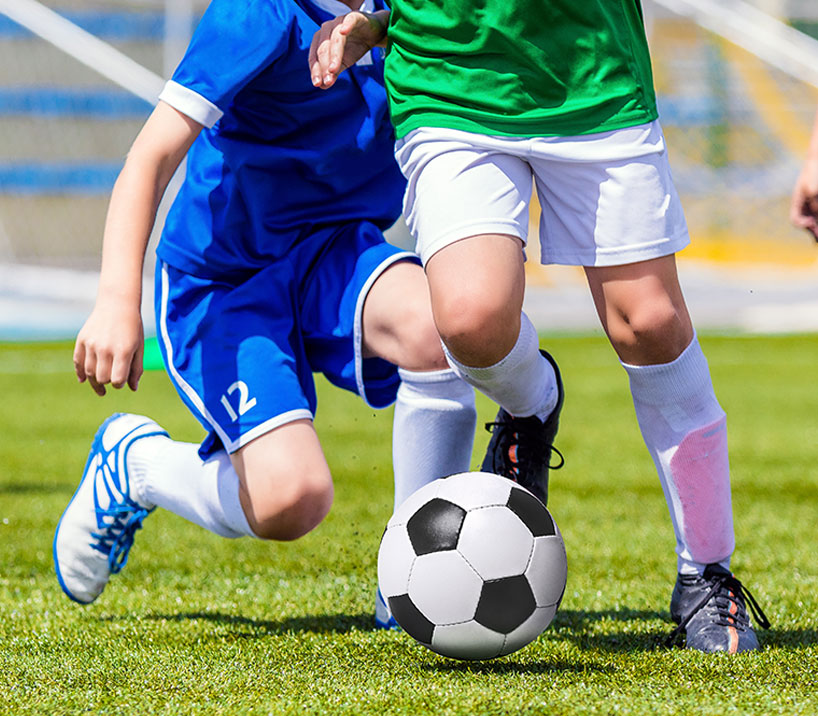Any Questions? Call today for a free consultation: (630) 232-7245
Mental Mechanics What are Mental Mechanics?
Athletes are very familiar with the word mechanics. In the physical realm, mechanics refer to the functional and technical aspects of a skill – the mechanics of pitching for example. The idea is pretty simple; learn the proper mechanics, practice those mechanics, master those mechanics. When your mechanics are solid, your performance should be too. Learning proper mechanics also helps athletes when they’re struggling – identify where the mechanics are breaking down, tweak them, fix them and get back on track.
There are also Mental Mechanics and they work the same way. These mechanics also relate to the functional and technical aspects of a skill but in this case the skill is THINKING. The only skill any athlete engages 100% of the time is their thinking, and how they think is crucial. It will either make them better or worse, the same way as how they throw a ball or swing a club would.
In the same way physical mechanics can be learned, practiced and mastered, so too can Mental Mechanics. Mind’s Eye Sports Performance has identified five Mental Mechanics that, collectively, create the “mental toughness” athletes desire and coaches covet.
Solid Mental Mechanics create the foundation that performance rests upon because, let’s face it, the brain runs the show. Building this foundation not only improves performance, but also contributes significantly to an athlete’s overall satisfaction and enjoyment of the sport they play. A solid “mental game” is also infinitely transferable to life beyond one’s playing days and can facilitate success in any endeavor.
Mind’s Eye Sports Performance assesses and develops 5 Mental Mechanics

Confidence is the foundational mental mechanic. It is the key to getting into the BOX. It is grounded in your thinking, not your performance. Confidence enhances your mindset, emotional control, resilience, and drive, and when your confidence wanes these other fundamental elements of the mental gear also grow weaker. Without confidence, players struggle to fully use their physical and technical tools, and their performance suffers.

Mindset is the ability to control and direct your thoughts. HOW you’re thinking – on the way to a game, warming up, while playing and after a game – is critical because it has a direct impact on your emotions and performance. There are three facets to mindset: setting the mind, settling the mind and anchoring the mind.

The energy generated by emotion can either enhance performance or get in the way of it. The key is to direct that emotional energy appropriately. Once you understand how emotions affect your performance, you can learn to manage them to produce a positive outcome – sharper focus, increased intensity and replenished energy.

Every athlete makes mistakes and plays poorly at times. Great athletes have learned to move quickly past their mistakes. They have developed the mental ability to continue to perform well when bad things happen. They are resilient. Resilience is the ability to empty the BOX so that the only play you think about is the one unfolding in the present.

Drive is how athletes get better and accomplish big goals. Think of it as the blood, sweat, and tears mechanic. Drive is the application of the mental gear to the training of the physical and technical gears. It turns working out into training, changes goals from wishes into plans and helps athletes get the most out of their efforts and talents.
Performance Obstacles
Competing is challenging enough when it’s against an opponent, or the clock. Yet many athletes create additional, self-imposed obstacles that can interfere with performance and rob them of the natural pleasure competing should bring. Developing strong Mental Mechanics can help athletes conquer the obstacles that can get in their way. Examples of obstacles Mind’s Eye Sports Performance helps athletes overcome include:
Signs and Signals
Your athlete may have already answered this question. They may have told you they want do whatever they can to improve, and this would include working on their mental game. But there are also other signs that might suggest developing stronger Mental Mechanics is needed.
- Has their performance plateaued despite significant investments of time and money on training?
- Are they stuck in a performance slump or lacking confidence?
- Is there a concern about “choking?”
- Is fear of failure or injury getting in their way?
- Do they think too much about past failures, mistakes or bad luck?
- Are they struggling with motivation, or not having fun anymore?
- Do they seem depress? Anxious? Withdrawn? Angry? Irritable?
- Are they dealing with an injury or return to play challenges?
If any of these seem to describe your athlete, Mind’s Eye Sports Performance can help.




